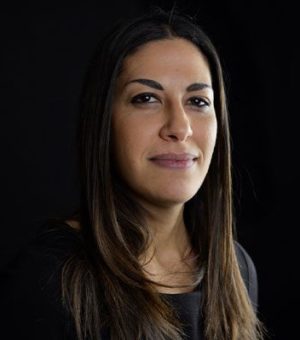
Michigan Launches Task Force to Improve Youth Outcomes in Juvenile Justice System
A new bipartisan task force announced this month by Governor Gretchen Whitmer will develop data-driven recommendations to reform Michigan’s juvenile justice system.
Although Michigan has made recent strides in juvenile justice reform, including raising the age of criminal responsibility from 17 to 18 years old in 2019, it still has one of the highest rates of detained youth in the country, especially for low-level, noncriminal behavior. A 2017 ProPublica study found that 30 percent of detained youth in Michigan were there for noncriminal offenses, compared to 17 percent of youth nationwide.
The new Task Force on Juvenile Justice Reform aims to better understand how and why Michigan youth are coming into contact with the juvenile justice system, as well as ways to limit and prevent this contact in the first place. Research has consistently shown that the best way to prevent youth from further involvement in the system is to prevent initial contact. This can include expanding options to divert low-risk youth from the system, as well as promoting successful reentry programs and community-based services. The task force, composed of leaders from the executive branch, county juvenile justice systems, youth justice advocates, lawyers, law enforcement officers, and other key stakeholders, will also examine juvenile oversight systems, racial and ethnic disparities, and drivers of and alternatives to residential placement and detention.
The process will be part of the nationwide Improving Outcomes for Youth (IOYouth) initiative, where state and local governments partner with outside experts to use data-driven research to align their juvenile justice policies, practices, and resource allocation decisions with research. The CSG Justice Center will perform a comprehensive examination of Michigan’s juvenile justice system. This will involve data analysis as well as focus groups and interviews with key stakeholders, including youth and families most impacted by the system. The CSG Justice Center will share its findings with the task force in late July.
What They’re Saying:
“Michigan is a national leader in criminal justice reform, and today we continue towards implementing real changes that will help young Michiganders when they are exposed to our criminal justice system. We believe that we must reduce people’s contact with the system in the first place, but when they do come into contact, we must especially treat our youngest Michiganders with dignity, humanity, and respect. One mistake early on in a child’s life should not destroy their opportunities for a positive future.”
-Governor Gretchen Whitmer
“It is imperative to have an all-hands-on-deck approach to systemic issues—nationally and locally—and I firmly believe this task force is another avenue that provides an opportunity to enact positive change for Michigan’s youth.”
– Attorney General Dana Nessel
“Step by step, Michigan has been addressing problems that have plagued our justice system for years. Each step along the way has been bipartisan, built on partnerships, and driven by data. This task force will be successful because the governor has adopted that same model and because everyone here is committed to reimagining a juvenile justice system that is more collaborative, evidence-based, focused on best practices, and ready to help every youth achieve success.”
– Supreme Court Justice Elizabeth Clement
“The most successful juvenile justice systems are those that take every opportunity to keep kids out of the system and in their communities, which requires strong collaboration and service supports at a local level. I’m so appreciative that this bipartisan task force will take a comprehensive look at Michigan’s juvenile justice system, including its use of residential placement, alternatives to detention and residential placement, expanding reentry and aftercare, and opportunities to reduce racial, ethnic, and geographic disparities.”
-Jason Smith, Executive Director of the Michigan Center for Youth Justice.
Sign up for the CSG Justice Center’s newsletter to receive updates about this project and our other juvenile justice work.











